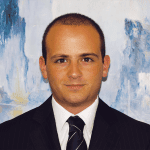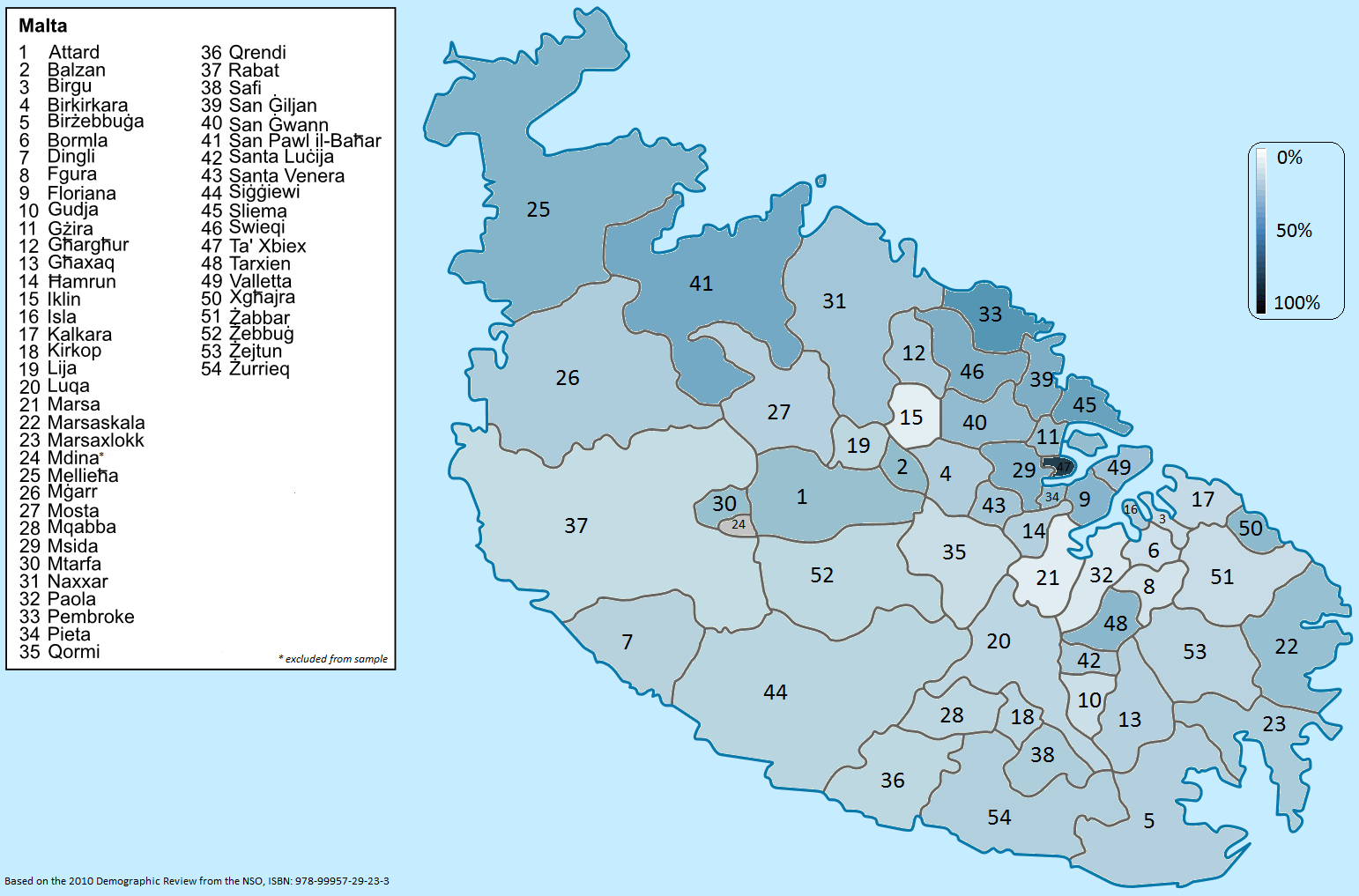Wi-fi is ubiquitous. The technology can be an easy back door for hackers to access a computer through online tools that anyone can learn to use. The global cybercrime bill now tops €700bn and will keep rising. To find out the security of Maltese Wi-Fi networks Kurt Mahoney (supervised by Prof. Ing. Victor Buttigieg) mapped out around 70% of the island’s built-up areas.
Mahoney first carried out in-house testing on Wi-Fi security protocols. He then formulated security categories depending on ease and speed of access to a private network. For example, the WEP (Wired Equivalent Privacy) security standard could be cracked in less than one minute (irrelevant of password complexity). On the other hand, the WPA2 (Wi-Fi Protected Access II) security standard with AES (Advanced Encryption Standard) grade encryption and a twelve-character random alphanumeric password was virtually impossible to crack using brute force techniques.

Setting up a car with several Wi-Fi antennas, he then travelled a preplanned route through all the Maltese villages, apart from Mdina. Private security protocols were noted from automatic Wi-Fi transmissions, however he avoided conducting cracking or penetration testing. Mahoney then created a security map for the Maltese Islands from 64,317 observed private networks. Forty percent of private Wi-Fi networks in Malta were very vulnerable to hacking that increased to 90% if using more sophisticated attacks.
Wi-Fi security was poor all over the Island, with Western and South Eastern districts having marginally lower security. Malta needs a nationwide awareness campaign to increase the security levels of Wi-Fi networks. Top-notch security can be setup in a few minutes. All modern routers support military grade AES encryption standards, and together with a proper password policy one would render a Wi-Fi network almost invulnerable to direct attack.
This research was presented at the fourth Workshop in Information and Communication Technology (WICT). It was performed as part of a B.Sc. (Hons) in ICT at the Faculty of ICT and part sponsored by the Malta Communications Authority. It was shortlisted for the Chamber of Engineers’ Best ICT Student’s Project Award.





Comments are closed for this article!